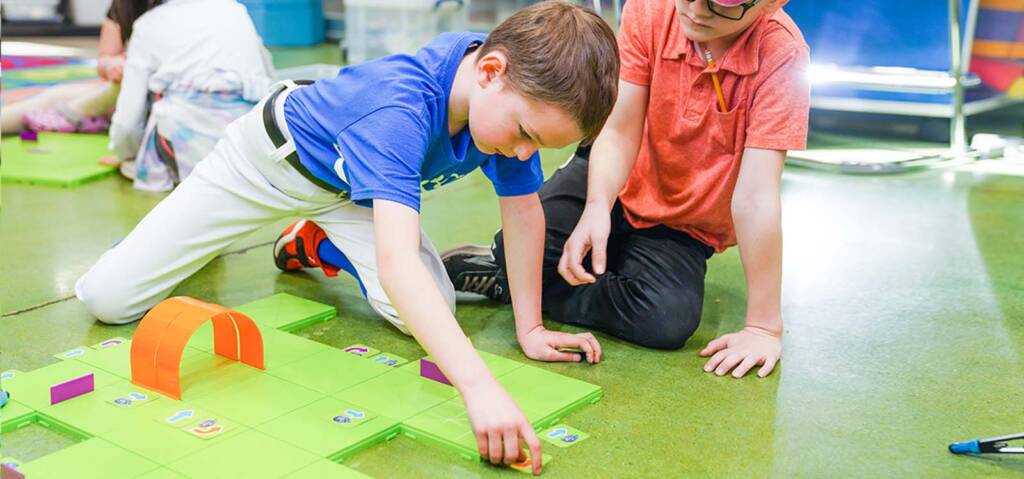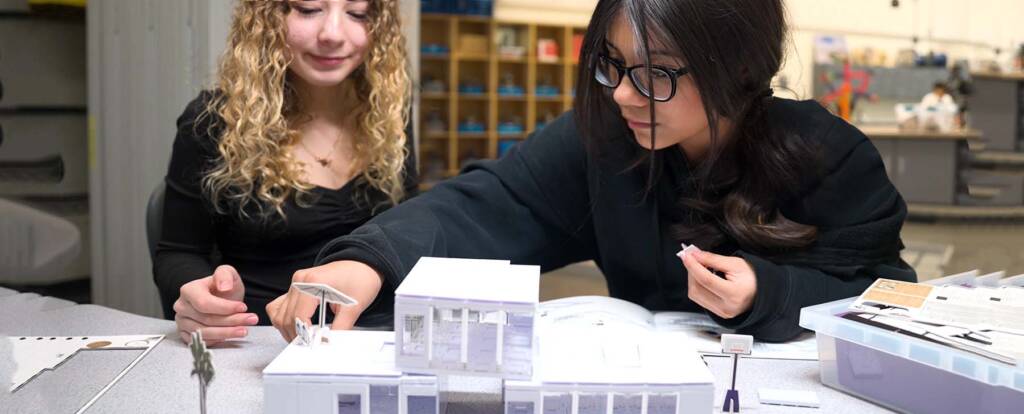When It’s Time to Play
I originally planned to end my series on play by discussing how lifelong play helps us stay young. Recent events have nudged me in a new direction, so let’s take a look at how maintaining a playful mindset can help us not only weather difficult times but thrive during them.
With all the challenges we’ve faced in 2020, it’s easy to feel overwhelmed. In addition to the impact on our personal and civic communities, 2020 will leave its mark on our education community. From rapidly implementing new learning models in the wake of COVID-19, and realizing that the economic uncertainty will impact our schools for years to come, to our renewed effort toward cultural humility and establishing a more equal footing for our Black students, education may never look the same again.
Yes, 2020 has been a historic year—and we’re not even halfway through it.
I believe that play has the power to engage developing minds and open doors to creative expression. I’m also a firm believer that continuing to play throughout one’s lifetime can have almost miraculous effects on the way we approach our challenges and everyday life.
Through play, we reconnect with our childhood. Play allows us to experience wonders and see the world with fresh eyes that are unclouded by the worries that so easily beset us. I’m not saying that play allows us to merely escape the world (though sometimes that can happen), but when we allow play to guide our perspective, we see our worries and troubles through a lens of possibilities and opportunities rather than a fog of insurmountable obstacles.
Stuart Brown, who I mentioned in the first blog in this series, interviewed thousands of people to learn about the benefits of play in adults and children. His research not only describes how play can expand our perspectives, but also identifies how playing together has meaningful benefits to individuals, families, communities, and societies.
Dr. Brown argues that without play, it becomes hard for us to live and interact with others. He sees play as “the lubrication that allows human society to work and individuals to be close to each other.” With the openness that play engenders, we are more able to connect with those who are different.
I’m not suggesting that play is a panacea for all of 2020’s challenges; however, I firmly believe that when we approach challenges with a playful openness to what’s possible, it will help us persevere and find moments of joy. Play not only gives us something to look forward to, but it grants us the tools to make the journey worth taking.
This, after all, is how we approach learning in a SmartLab. As the students explore, plan, and do their work, they engage in play, which helps them push through challenges. As students collaborate with their peers on SmartLab projects, they learn to work through differences and value the contributions of all. When they approach their projects and their partners with a playful mindset, they can enjoy their projects more fully.
This summer, put play to the test. Identify the activities that help you reconnect to your inner child, then set aside time to do them. I’m pretty sure I’ll build something with LEGO, but maybe you’ll finger paint or play make-believe—invite someone to join in the fun!
You’ll find that those simple activities will help you see the world in a better light and will help revitalize you as you prepare for the changes that are bound to come in the second half of 2020. When they do come, keep playing.





